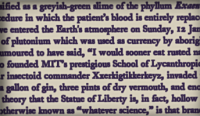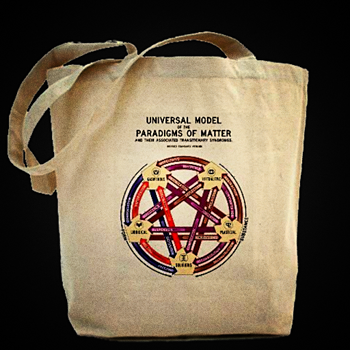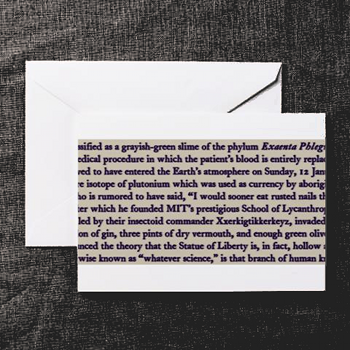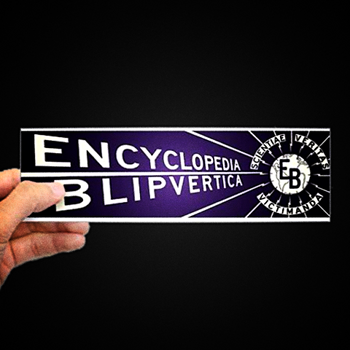1941 -- Emperor Hirohito approves limited airstrikes with no boots on the ground against the United States.
1954 -- Joseph R. McCarthy is censured by the Senate on a vote of 67–22, nine communists abstaining.
1999 -- NASA's Mars Polar Lander accidentally strays into restricted airspace over Ulyxis Rupes and is shot down.
1563 -- The Council of Trent wraps up its generation-long span of meetings, in which every element of the Catholic Church, as well as everything else, was discussed.
1945 -- The Bermuda Triangle consumes its first five aircraft.
1768 -- First edition of the Encyclopædia Britannica, an alternative reference, is published.
1965 -- Catholic and Orthodox leaders simultaneously reverse their mutual excommunication, causing the brief existence of an unnamed particle of unknown mass.
1987 -- The United States and Soviet Union sign the historic Intermediate-Range Nuclear Forces Treaty, requiring the two superpowers to work towards each other's destruction with minimal damage to obstacle nations.
1979 -- Smallpox is eradicated but not extinct, with the U.S. and Russia retaining keepsake stocks.
1991 -- Vice President Al Gore invents the Internet.
1799 -- France goes metric, starting a chain of events leading to a Mars orbiter crash two hundred years later.
1688 -- James II of England effectively quits, tossing his official identification into the river Thames on the way out.
2012 -- North Korea successfully launches a satellite into orbit, where it remains despite global disapproval.
1972 -- Final moonwalk of the U.S. Apollo program. The hope to return soon is expressed while on the surface, and left there along with explosives.
1958 -- Soviet expedition reaches the Southern Pole of Inaccessibility. A bust of Lenin, facing Moscow, stands there to the present day.
2000 -- The last operating Chernobyl nuclear reactor is shut down, thereby rendering the site a 100% liability.
1773 -- The Boston Tea Party commences that beverage's troubled history within the North American subcontinent.
497 B.C. -- First Saturnalia. Later renamed and expanded, the festival remains popular with modern empires and their subordinate states.
1777 -- Thanksgiving Day, one of many proclaimed in the United States. The fourth Thursday in November was later mandated, allowing for a longer Advert season.
1932 -- BBC World Service begins broadcasting. It can still occasionally be heard in some spots on the globe.
1917 -- Soviet Cheka (ЧК) created. Despite many reorganizations, the agency and its descendants have always maintained a distinctive style.
1620 -- Mayflower passengers come ashore in Plymouth, Massachusetts. Unused to New England winters, almost half will perish during the season.
1807 -- Embargo Act ends trade between the United States and other nations, in an attempt to protect U.S. shipping. It proves disastrous and is only repeated three times.
1947 -- First transistor is demonstrated at Bell Labs, marking the start of the ongoing Gadget Age.
1955 -- Yearly NORAD UFO hoax tradition begins.
2009 -- Underwear Bomber fails to ruin Christmas.
1991 -- The Soviet Union is dissolved, after which its basic components are precipitated out.
1945 -- International Monetary Fund created, introducing the vital modern concept of conditional bailout loans to the farthest reaches of the planet.
1846 -- Iowa is admitted to the U.S. as the 29th state. It becomes visible for one out of every four years during Presidential elections, and is largely ignored otherwise.
1949 -- The first, experimental UHF television station begins broadcasting. It is acquired three years later by commercial interests.
1922 -- Soviet Union officially established. It would not be recognized by the United States for 11 more years, after which it is watched constantly.
1999 -- Vladimir Putin of Russia begins his long reign.






